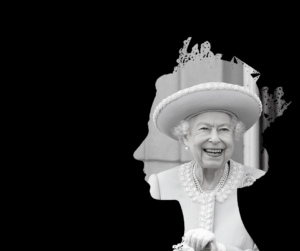
Queen Elizabeth II died at the age of 96, after reigning for 7 decades, she was a major part of so many lives, from childhood to adulthood, so her death will be a sensitive topic to discuss for both adults and children.
However, there are ways to keep the memory of a loved one alive and broach the subject of death in a sensitive manner. Bianca Neumann, Head of Bereavement at grief charity Sue Ryder states “Younger children may not understand fully what it means to die”. A child may have questions and fears that they are worried about bringing up, therefore, it is important that adults talk openly and honestly with children about death and offer support if a child appears to be struggling or acting unusual.
Children may show their emotions through behaviours rather than words and process the news of death in different ways at different ages. It is important to avoid telling children not to worry or be sad – like adults, children may find it hard to understand and control their emotions so it may take time for children to fully understand and absorb what has happened. Offering information in small amounts at a time will help children better understand the situation and make them feel more supported and secure.
When talking about death with children, the language used is very important, Child Bereavement UK says: “Use clear words such as ‘he has died’ as these are easier for children to understand than ‘lost’ ‘passed away’ or ‘gone to the stars’” as children might not understand that death is permanent and may expect the person to come back.
The loss of a loved one affects everyone differently; visit Child Bereavement UK for further support and guidance on how to explain what death means to a child.

 Cricket Classes
Cricket Classes Dance Classes
Dance Classes Family Events
Family Events Football Academy
Football Academy Football Classes
Football Classes Football Tournaments
Football Tournaments Golf Classes
Golf Classes Holiday Camps
Holiday Camps  Rugby Classes
Rugby Classes Tennis Classes
Tennis Classes